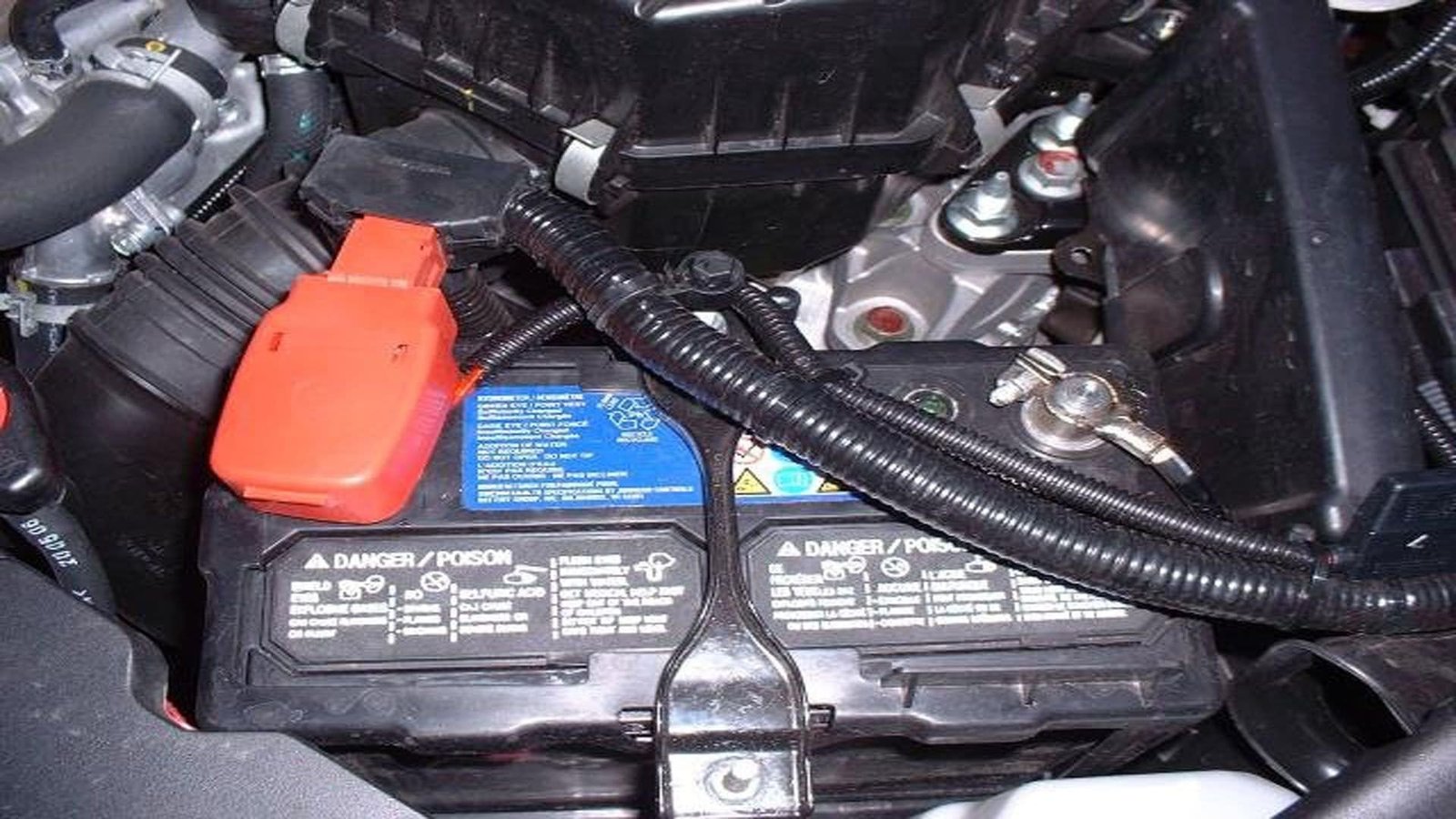The Honda Civic has long been celebrated for its reliability and efficiency. Yet, even the most dependable vehicles can encounter issues. One particularly perplexing problem is when your Civic refuses to start, despite all electrical components—like lights and dashboard indicators—functioning normally. This situation can be both frustrating and confusing, especially when you’re pressed for time.
Understanding the root causes of this issue is crucial. While the battery seems to be supplying power, several underlying factors could prevent the engine from turning over.
In this guide, we’ll delve into the common reasons behind this problem and provide step-by-step troubleshooting methods to help you get back on the road.
Common Causes and Troubleshooting Steps
1. Weak or Failing Battery
Even if your car’s lights and electronics are operational, the battery might not have sufficient power to start the engine.
- Symptoms:
- Dashboard lights illuminate, but the engine doesn’t crank.
- Clicking sound when turning the key.
- Dashboard lights illuminate, but the engine doesn’t crank.
- Troubleshooting:
- Use a multimeter to check the battery voltage. A healthy battery should read around 12.6 volts.
- If the voltage is low, try jump-starting the car.
- Inspect battery terminals for corrosion and ensure connections are tight.
- Use a multimeter to check the battery voltage. A healthy battery should read around 12.6 volts.
2. Faulty Starter Motor
The starter motor is responsible for turning the engine over. If it’s malfunctioning, the engine won’t crank.
- Symptoms:
- Single click or no sound when turning the key.
- Lights and accessories work, but the engine doesn’t turn over.
- Single click or no sound when turning the key.
- Troubleshooting:
- Check for loose or corroded connections to the starter.
- Gently tap the starter with a tool while someone turns the key; if the car starts, the starter may need replacement.
- Consult a mechanic for a thorough inspection.
- Check for loose or corroded connections to the starter.
3. Ignition Switch Issues
The ignition switch sends power to the starter and other systems. A faulty switch can prevent the engine from starting.
- Symptoms:
- No response when turning the key.
- Intermittent starting problems.
- No response when turning the key.
- Troubleshooting:
- Test the ignition switch using a multimeter.
- If faulty, replacement is necessary.
- Test the ignition switch using a multimeter.
4. Fuel System Problems
If the engine isn’t receiving fuel, it won’t start. Issues can arise from the fuel pump, filter, or injectors.
- Symptoms:
- Engine cranks but doesn’t start.
- No sound from the fuel pump when the key is turned to the “on” position.
- Engine cranks but doesn’t start.
- Troubleshooting:
- Check the fuel pump relay and fuse.
- Listen for the fuel pump’s priming sound.
- Inspect fuel lines for leaks or blockages.
- Consider professional diagnostics for fuel injector issues.
- Check the fuel pump relay and fuse.
5. Malfunctioning Sensors
Modern vehicles rely on various sensors to operate correctly. If sensors like the crankshaft or camshaft position sensors fail, the engine may not start.
- Symptoms:
- Engine cranks but doesn’t start.
- Check engine light may be illuminated.
- Engine cranks but doesn’t start.
- Troubleshooting:
- Use an OBD-II scanner to check for error codes.
- Replace faulty sensors as indicated by diagnostic results.
- Use an OBD-II scanner to check for error codes.
6. Security System Activation
If the car’s anti-theft system is activated, it can prevent the engine from starting.
- Symptoms:
- Flashing security light on the dashboard.
- Engine doesn’t crank.
- Flashing security light on the dashboard.
- Troubleshooting:
- Ensure you’re using the correct key.
- Try resetting the security system by locking and unlocking the doors.
- Consult the owner’s manual for specific reset procedures.
- Ensure you’re using the correct key.
Preventive Measures
- Regular Maintenance: Schedule periodic checks for the battery, starter, and ignition system.
- Fuel Quality: Use high-quality fuel and replace the fuel filter as recommended.
- Sensor Care: Ensure sensors are clean and functioning correctly.
- Security System: Familiarize yourself with the car’s anti-theft system to prevent accidental activations.
When to Seek Professional Help
If you’ve gone through the troubleshooting steps and the car still won’t start, it’s time to consult a professional mechanic. They have specialized tools and expertise to diagnose and fix complex issues that may not be apparent through basic checks.
Experiencing a situation where your Honda Civic won’t start despite having power can be daunting. However, by methodically checking common problem areas—such as the battery, starter motor, ignition switch, fuel system, sensors, and security system—you can often identify and resolve the issue. Regular maintenance and prompt attention to warning signs can also help prevent such problems in the future.



